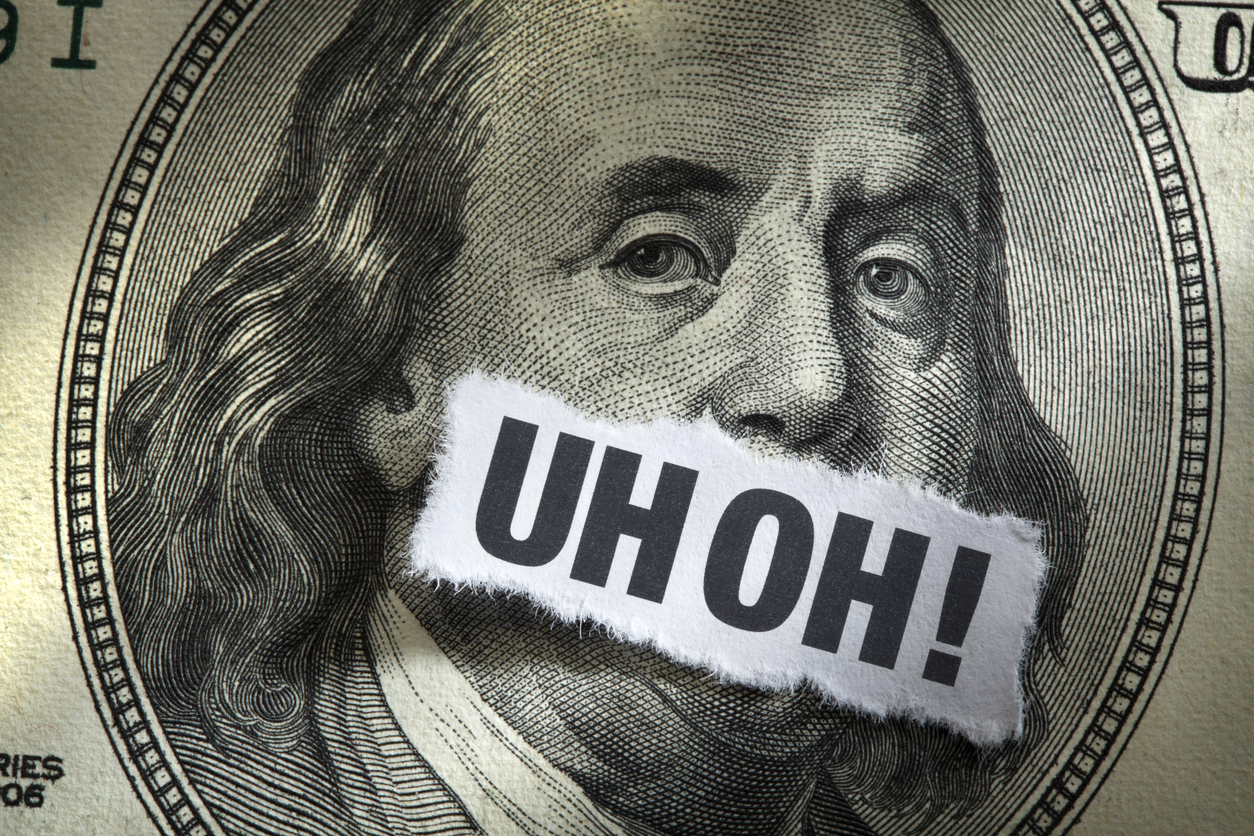For many years I’ve struggled to adequately convey to my individual and group clients just how deeply we can be affected by money. Our emotions, reactions, and thoughts about money are deeply intertwined with each other and often interact outside of our conscious control. We can become subject to fear, anxiety, stress, physical discomfort – so much so that it alters our decision making process (usually to our detriment). So how can I explain something that can feel so traumatic and complicated in a simple way?
Here’s what I’ve come up with:
A Poverty Spasm (noun): An adverse emotional and physiological response to an economic event that may be positive in nature but can trigger past, negative reactions.
Let me give you a quick example of what I’m talking about. You’re at the grocery store and you pick up a really nice jar of pickles. You’re a big fan of these pickles and you can afford to get them. However, there’s an off-brand version right next to them that’s 39 cents cheaper. You feel unsure and a little bit stressed out by the decision and suddenly you can’t justify spending those extra 39 cents to get the pickles you really want. That moment of discomfort and stress is a simple example of a poverty spasm.
Saying that we experience occasional poverty spasms is a way to describe what's going on, while not diminishing the event. Poverty spasms can manifest on a spectrum from mild anxiety to a full blown crisis. And, as an entrepreneur, I must admit that I too suffer from poverty spasms. The complexity of these reactions are an intriguing conglomeration of our ongoing relationships with:
- Self worth
- Validation
- Money
- Trust
- Opportunity
- Our current and past support networks
- Our identity
There's a lot going on. So when you experience a poverty spasm, what can you do to work through it?
Ask yourself: “Am I reacting to what’s happening right now or am I really reacting to something from my past?” This logical type of question, or any similarly based logic question, will help you to short circuit the process of a poverty spasm. I don’t mean to suggest that this is the only method, but it is one way to get you out of a negative money mindset or to help you break free from the decision paralysis that you may be feeling.
As I write this blog post, I do so with the awareness that this subject will require more thought and discussion to further understand how it affects us and what we can do to work through it. We’ll need to explore more of the facets of the intricate nature of poverty spasms. However, I wanted to get this post out in the world so that if you’ve felt alone in this, you wouldn’t have to any more. Many of us – no matter our current circumstances – have a complicated, sometimes traumatic relationship with money that impacts our everyday experience. You are not alone.
I’d love to hear back from all of you – how have you experienced poverty spasms? Share your story in the comments or feel free to email us via our Contact page.
